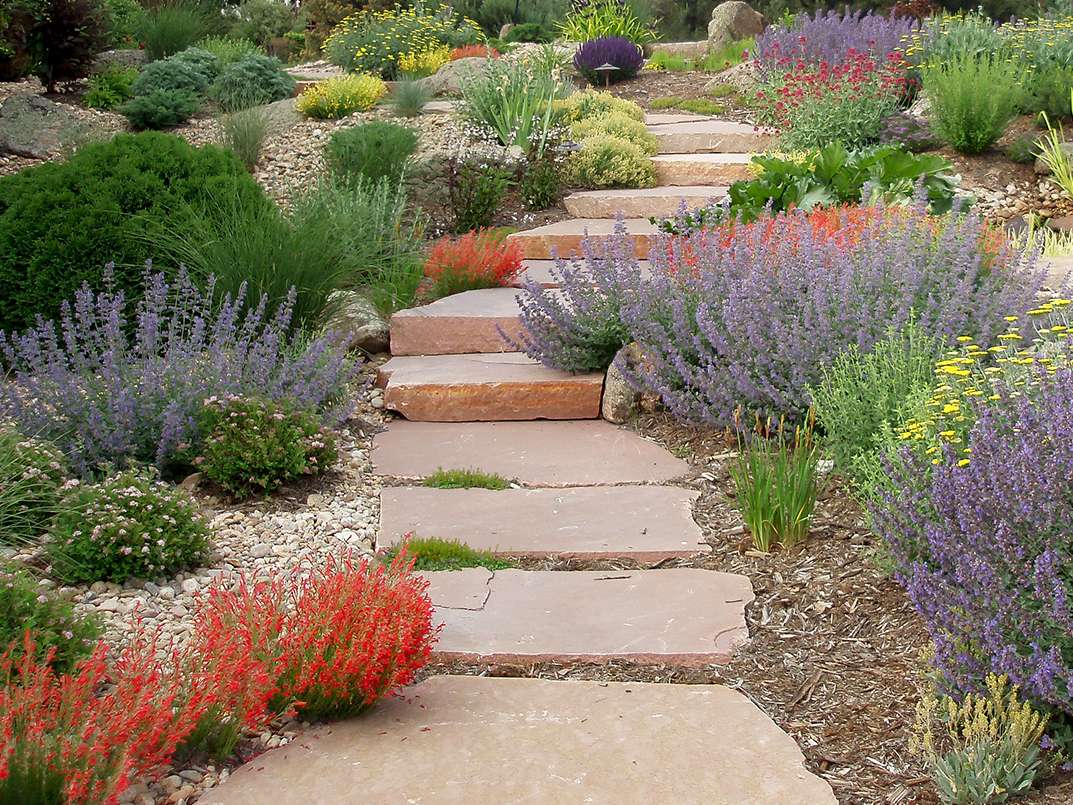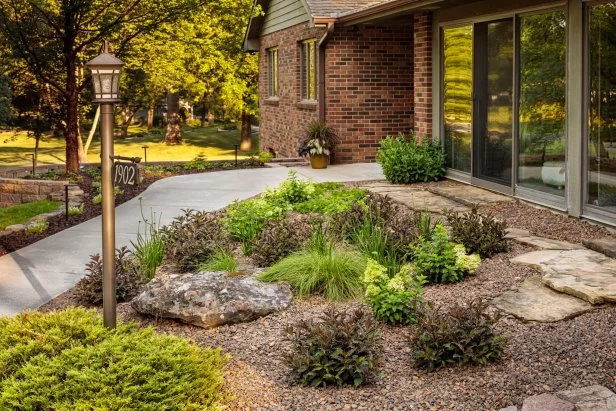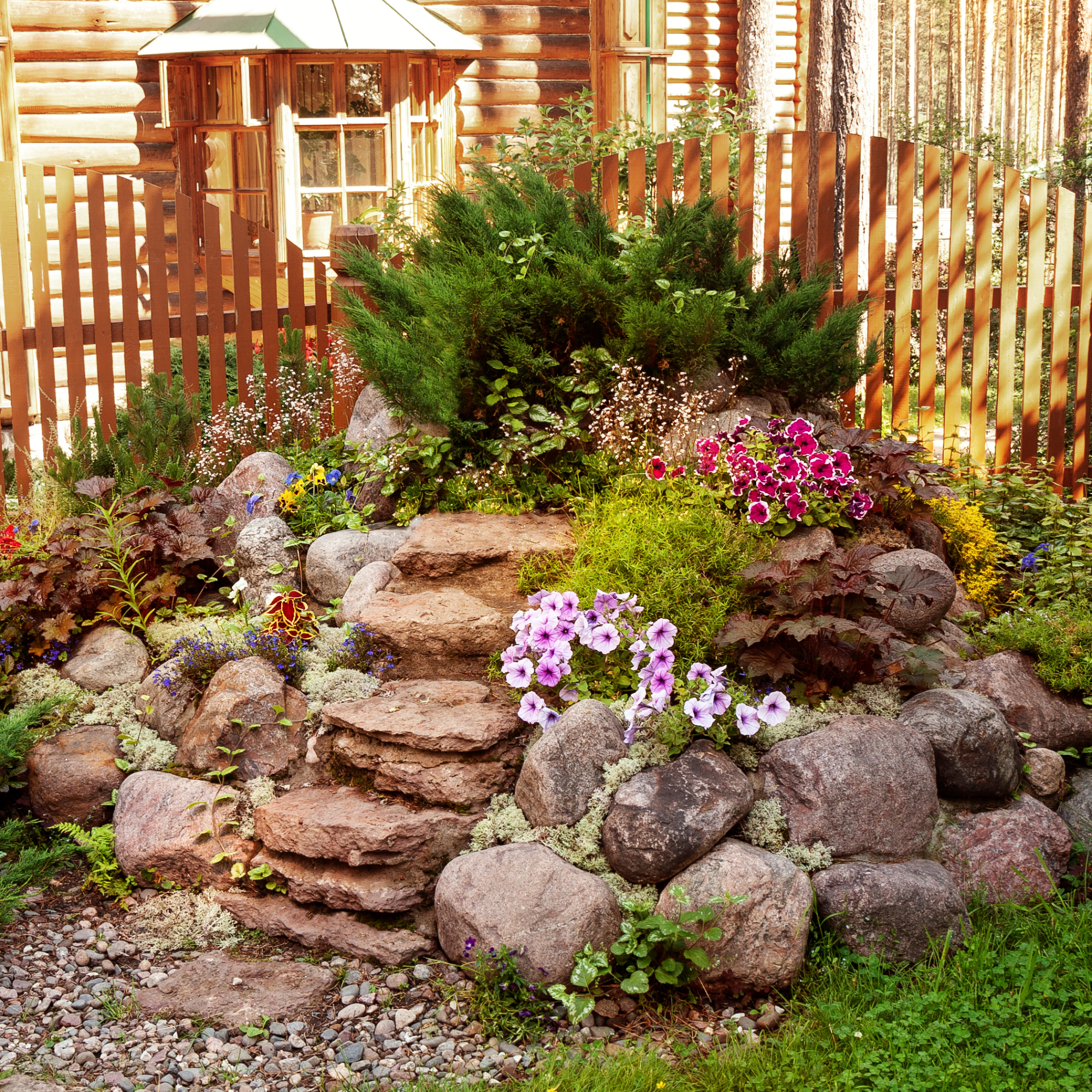Do you want a garden that uses less water? Xeriscape landscaping is a good choice. It helps save water and looks nice. In this article, we will share many ideas to make your yard beautiful and easy to care for.
What is Xeriscape Landscaping?
Xeriscape means using plants that need little water. It is a way to design gardens for dry places. You use less water, save money, and help the earth. Xeriscape gardens look natural and clean.
Why Choose Xeriscape?
- Saves water: Uses less water than normal gardens.
- Low maintenance: Needs less work and care.
- Good for the environment: Protects nature and saves energy.
- Cost effective: Saves money on water bills.
- Attractive look: Creates a beautiful and unique garden.
Important Steps for Xeriscape Landscaping
Follow these steps to create your xeriscape garden:
- Plan your garden: Look at your yard’s sun, shade, and soil.
- Choose the right plants: Pick plants that need little water.
- Prepare the soil: Make soil healthy and good for plants.
- Use mulch: Cover soil to keep water and stop weeds.
- Water smartly: Water plants only when needed.
- Group plants: Put plants with similar water needs together.
Best Plants for Xeriscape Landscaping
Choosing the right plants is very important. Here are some easy plants for dry gardens:
| Plant Name | Description | Water Needs | Sunlight |
|---|---|---|---|
| Succulents | Store water in leaves, look unique. | Very low | Full sun |
| Lavender | Has nice smell and pretty purple flowers. | Low | Full sun |
| Agave | Strong leaves, grows slow. | Very low | Full sun |
| Yucca | Sharp leaves, very tough plant. | Low | Full sun |
| Russian Sage | Light purple flowers, smells good. | Low | Full sun |
| Desert Marigold | Bright yellow flowers, blooms a lot. | Low | Full sun |
| California Poppy | Orange flowers, easy to grow. | Low | Full sun |
Using Mulch in Xeriscape Gardens
Mulch is a cover for soil. It helps keep water in the ground. Mulch also stops weeds from growing. You can use many types of mulch:
- Gravel or small stones
- Wood chips
- Bark pieces
- Crushed shells
Mulch makes your garden look neat and clean. It also protects plants from hot sun.
Design Ideas for Xeriscape Landscaping
Here are some ways to design your xeriscape garden:
- Rock Garden: Use different sizes of rocks with plants between them.
- Pathways: Create paths with gravel or stone to walk on.
- Raised Beds: Build raised areas for plants. It helps water drain well.
- Plant Clusters: Group plants with same water needs together.
- Accent Plants: Use big or tall plants as focus points.
- Water Features: Small fountains or ponds that use little water.
Watering Tips for Xeriscape
Water wisely to save water and help plants grow:
- Water early in the morning or late in the evening.
- Use drip irrigation or soaker hoses to water plants slowly.
- Check soil moisture before watering.
- Avoid watering on windy days.
- Water deeply but less often to encourage strong roots.

Credit: www.ecohome.net
Soil Preparation for Xeriscape
Good soil helps plants grow better. Follow these tips:
- Remove weeds and rocks before planting.
- Add organic matter like compost or manure.
- Mix sand or small gravel to improve drainage.
- Test soil pH and adjust if needed.
Benefits of Xeriscape Landscaping
There are many benefits to this kind of garden:
| Benefit | Explanation |
|---|---|
| Water Saving | Uses 50% to 75% less water than normal gardens. |
| Lower Costs | Less water and maintenance reduce bills. |
| Less Work | No need for frequent watering or mowing. |
| Wildlife Friendly | Attracts birds, bees, and butterflies. |
| Soil Protection | Mulch and plants stop soil erosion. |

Credit: www.hgtv.com
Common Mistakes to Avoid
To make your xeriscape garden successful, avoid these errors:
- Choosing plants that need too much water.
- Watering too often or too little.
- Not preparing the soil well.
- Ignoring mulch or ground cover.
- Planting too close together.
Final Tips for Xeriscape Landscaping
Keep these tips in mind:
- Start small and add more plants over time.
- Learn about local plants that grow well in your area.
- Use natural shapes instead of straight lines.
- Mix colors and textures for interest.
- Be patient. Xeriscape gardens grow slowly but well.
Summary
Xeriscape landscaping saves water and money. It uses plants that need little water. Mulch and soil care keep plants healthy. Design your garden with rocks, paths, and plant groups. Water smartly and avoid common mistakes. Your yard will look nice and help the environment.
Try these xeriscape ideas today. Make your garden beautiful and easy to care for.
Frequently Asked Questions
What Is Xeriscape Landscaping?
Xeriscape landscaping focuses on water conservation. It uses drought-tolerant plants and efficient irrigation methods.
Why Choose Xeriscape For Your Garden?
Xeriscape gardens save water and reduce maintenance. Ideal for dry climates.
What Plants Are Best For Xeriscaping?
Succulents, lavender, and native grasses work well. They need less water.
Can Xeriscaping Be Colorful?
Yes, xeriscaping can be colorful. Use flowering drought-tolerant plants like yarrow and salvia.
4 min read

